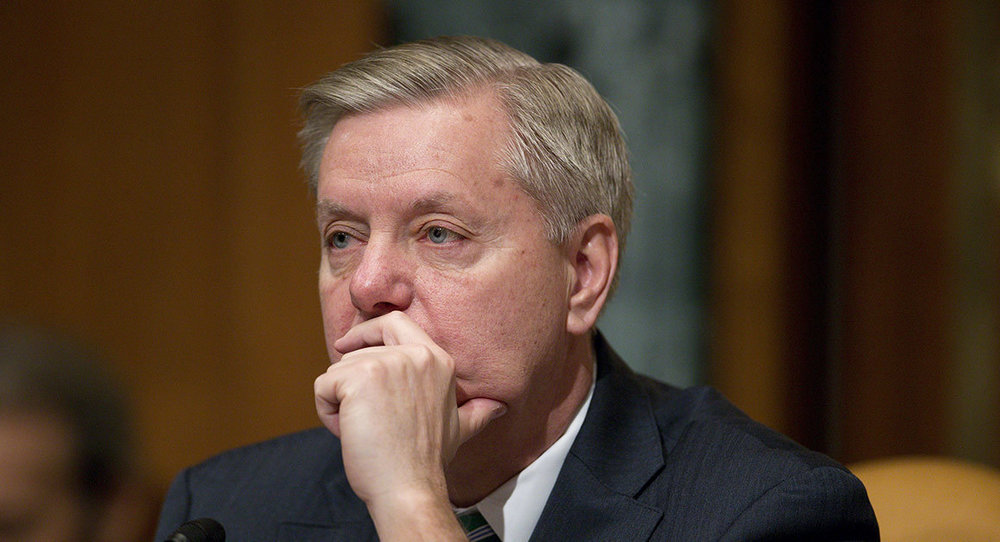U.S. senators consider sanctions on Iran after missile launch

TEHRAN – U.S. Republican senators plan to introduce a legislation to impose further sanctions on Iran in the wake of the recent missile test by Iran, a U.S. senator announced on Sunday.
The new U.S. administration accused Iran of violating the UN Security Council Resolution 2231, which “calls upon” Iran not to “undertake any activity related to ballistic missiles designed to be capable of delivering nuclear weapons, including launches using such ballistic missile technology”.
“I think it is now time for the Congress to take Iran on directly in terms of what they’ve done outside the nuclear program,” U.S. Senator Lindsey Graham, a member of the Senate Armed Services Committee, told the Munich Security Conference.
Graham claimed that he and other Republicans would introduce measures to hold Iran accountable for its actions relating to the ballistic missile test. However, the UN Security Council Resolution 2231 does not force Iran to refrain from testing its defense weaponry.
Graham proceeded by accusing Iran of being a “bad actor when it comes to the region” and that the missiles had “Death to Israel” written on them. However, he did not specify his sources concerning this information.
Iran had tested a ballistic missile on January 29, but denied that it had violated the UN Security Council resolution.
Iran’s defense minister, Hossein Dehqan, said the test was “in line with our plans” and that the country’s missiles were not designed to carry a nuclear warhead.
Foreign Minister Javad Zarif also announced that Iran would never use its weapons against anyone, except in self-defense.
The U.S. had already imposed sanctions on 25 individuals and entities claimed linked to the Iranian Revolutionary Guard Corps following the missile test.
Senator Christopher Murhy, a Democrat, told the same panel there was nothing preventing the Congress from imposing sanctions beyond those that were lifted as a result of the 2015 nuclear agreement with Iran.
Zarif commented in an interview with CNN on the recent U.S. bans imposed on Iran, saying that “everybody in the past who has tested Iran knows we don’t respond well to threats. We respond well to mutual respect and mutual interests”.
He added that the nuclear deal was “the best deal possible for all concerned, not just Iran but the U.S. too.”
KB/PA
Leave a Comment